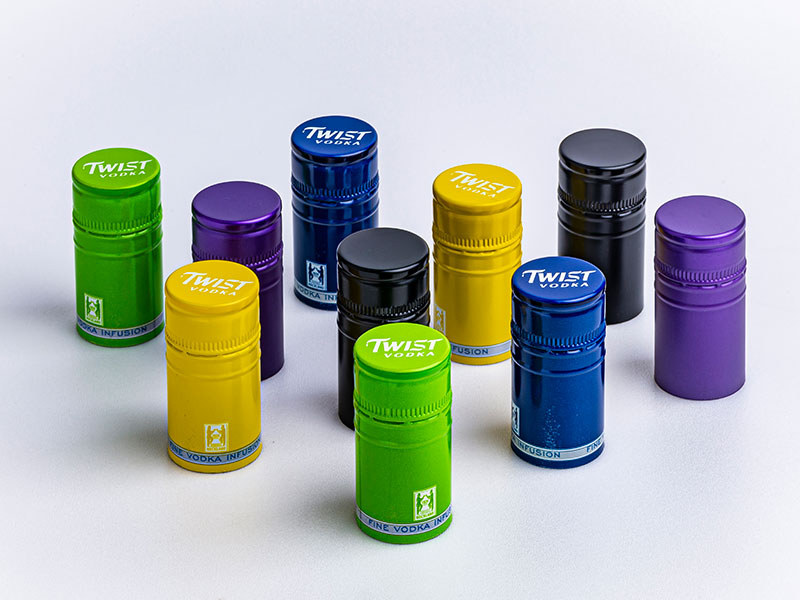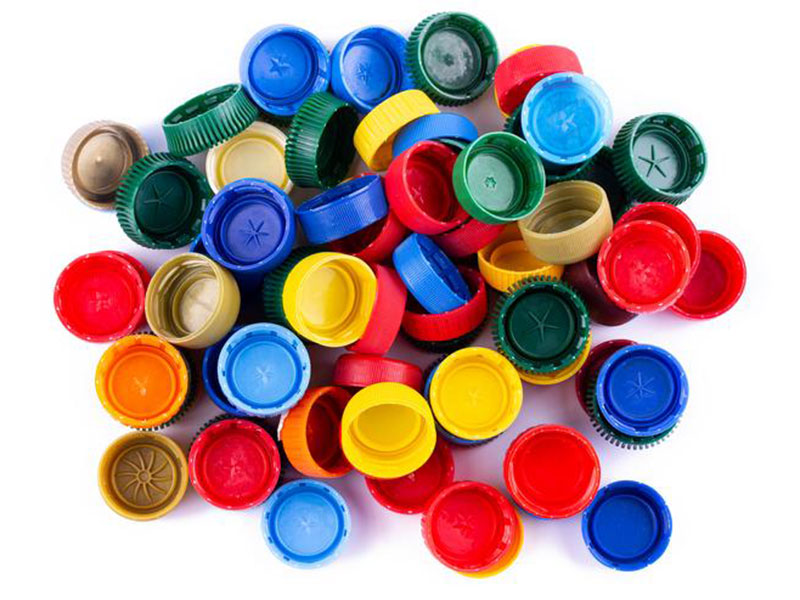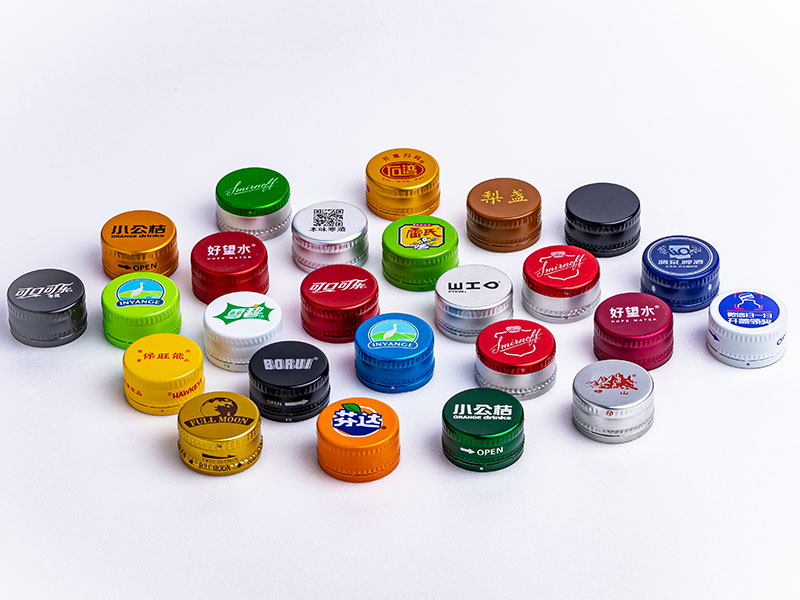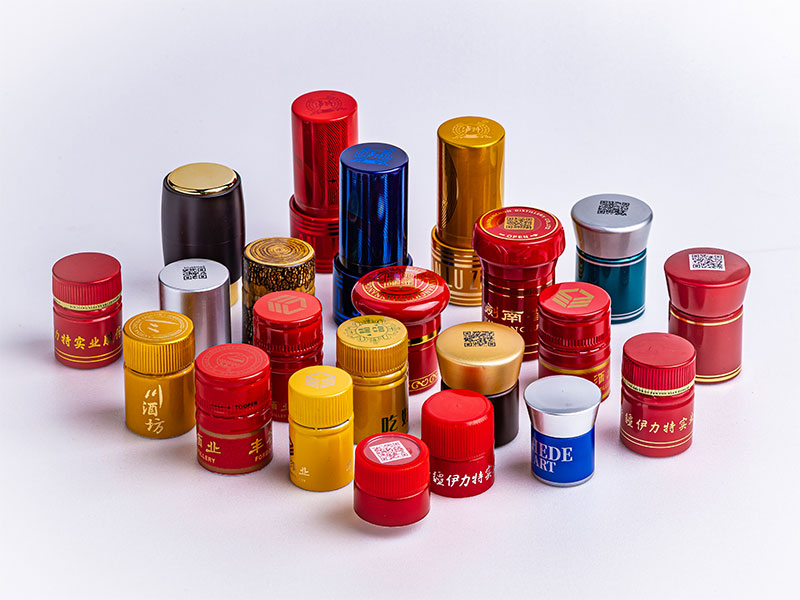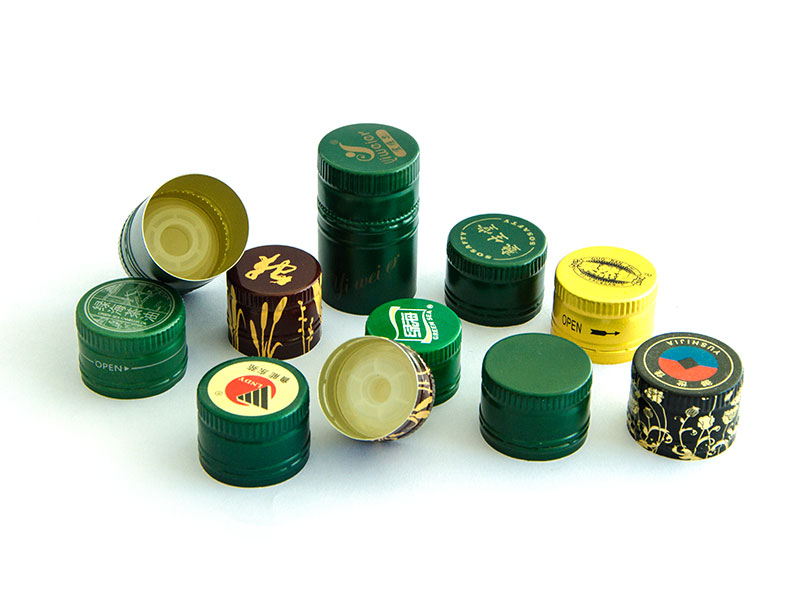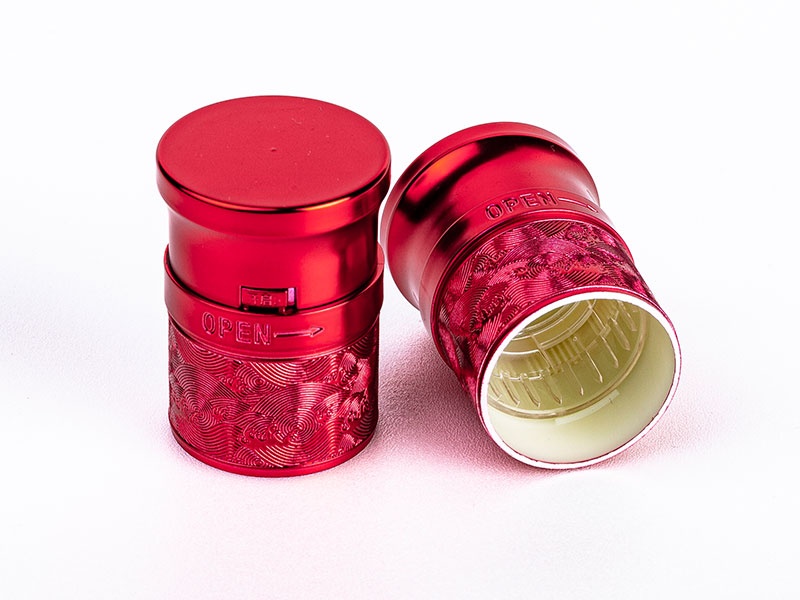Eco Friendly Aluminum Soda Caps with Non Toxic, BPA Free Materials
In the evolving landscape of sustainable packaging, aluminum bottle caps—particularly eco-friendly aluminum soda caps—have emerged as a front-runner in marrying safety, functionality, and environmental responsibility. From their chemical composition to advanced tempering techniques, these caps redefine modern beverage sealing by utilizing non-toxic, BPA-free materials without compromising on strength or recyclability.
The Unique Edge of Eco-Friendly Aluminum Soda Caps
Aluminum, as a material, offers an inherently sustainable profile: lightweight, infinitely recyclable, and with a reduced carbon footprint compared to plastics and other metals. However, the real innovation in aluminum soda caps extends beyond recyclability. Today, manufacturers are optimizing alloys and production methods to eliminate toxic components and bisphenol A (BPA), a concern historically linked with plastic and resin liners.
From a production standpoint, the shift towards eco-friendly aluminum soda caps utilizing non-toxic, BPA-free materials presents both opportunities and challenges. The inherent recyclability of aluminum is a significant advantage, aligning perfectly with growing consumer demand for sustainable packaging. However, ensuring the entire supply chain adheres to these stringent material standards requires meticulous sourcing and rigorous quality control. We've found that the cost of BPA-free coatings and lacquers, while initially higher, can be offset by increased consumer preference and the potential for premium pricing. Furthermore, effective communication regarding the eco-friendly aspects of the cap to both consumers and internal staff is crucial for successful market penetration and maintaining consistent production standards.
A insight gleaned from our experiences is the importance of lifecycle analysis. While using recycled aluminum and BPA-free materials is a step in the right direction, we must also consider the energy consumption during production, transportation, and end-of-life recycling processes. This has led us to explore innovations like optimizing our stamping processes to minimize material waste and partnering with recyclers to ensure efficient closed-loop systems. Minimizing our environmental footprint across the entire lifecycle is not just a matter of compliance; it's a competitive advantage that resonates with both environmentally conscious consumers and our commitment to responsible manufacturing.
Eco-friendly aluminum soda caps originate from specialized aluminum alloys tailored for optimal mechanical strength, corrosion resistance, and sustainability. A widely adopted alloy for these caps is the AA3104 or AA3105, which belong to the Al-Mn category.
| Element | AA3104 % wt | AA3105 % wt |
|---|---|---|
| Aluminum (Al) | Balance (~97.0) | Balance (~97.3) |
| Manganese (Mn) | 1.0 - 1.5 | 0.5 - 1.0 |
| Magnesium (Mg) | 0.1 - 0.5 | 0.2 - 0.6 |
| Iron (Fe) | ≤ 0.7 | ≤ 0.7 |
| Silicon (Si) | ≤ 0.6 | ≤ 0.3 |
| Copper (Cu) | ≤ 0.2 | ≤ 0.2 |
These primary alloying elements contribute to:
- Corrosion resistance: Especially crucial for soda caps, commonly exposed to acidic beverage content.
- Strength and formability: Enhances the ability to maintain a tight seal under carbonation pressure.
- Non-toxicity: Absence of harmful additives, augmenting the non-toxic claim.
Implementing BPA-Free and Non-Toxic Standards
One distinctive attribute in today's aluminum soda caps is the use of BPA-free liners and sealing compounds that avoid both toxic plasticizers and BPA derivatives. Unlike traditional caps that used epoxy-based or phenolic linings with BPA, eco-friendly caps utilize modern polymeric linings such as polyethylene (PE) or polypropylene (PP) liners known for FDA-compliance and food-safe certifications.
These BPA-free liners undergo rigorous testing per U.S. FDA regulations (21 CFR 175.300) for indirect food contact materials, and European Commission’s Regulation (EC) No 1935/2004, assuring no chemical migration that can harm consumers. As a result, these pressure-seal liners achieve:
- Excellent chemical inertness: Refsuting contamination and preserving original beverage flavor.
- Environmental compatibility: Being recyclable and compliant with compostability after disposal.
Alloy Tempering and Mechanical Condition Requirements
For optimal performance, aluminum cap alloys are usually tempered in the H24 condition (strain hardened and partially annealed) or H19 (full hard temper) to achieve a balance between ductility and rigidity. This tempering ensures:
- Adequate crush resistance: Aluminum caps must withstand mechanical manipulation on canning lines providing firm accommodation to carbonated flows.
- Efficient sealing: Maintaining precise thread dimensions after thermal expansion during sterilization and bottling.
| Property | Unit | Typical AA3104-H24 Parameters |
|---|---|---|
| Tensile Strength | MPa | 210 - 270 |
| Yield Strength | MPa | 150 - 200 |
| Elongation at break | % | 7 - 15 |
| Hardness (Brinell) | HB | 40 - 60 |
Sustainable Manufacturing and Environmental Impact
Modern eco-friendly aluminum soda caps not only adhere to structural demands but are also produced ahead of rigid ISO 9001 and ISO 14001 standards to minimize environmental hazards during manufacturing. For instance:
- Implementation of waste recycling loops in inventory management.
- Using water- or electron-beam curing technologies on linings, eliminating volatile organic compounds (VOC) emissions.
- Reduced energy consumption thanks to tempering processes conducted in state-of-the-art furnaces.



